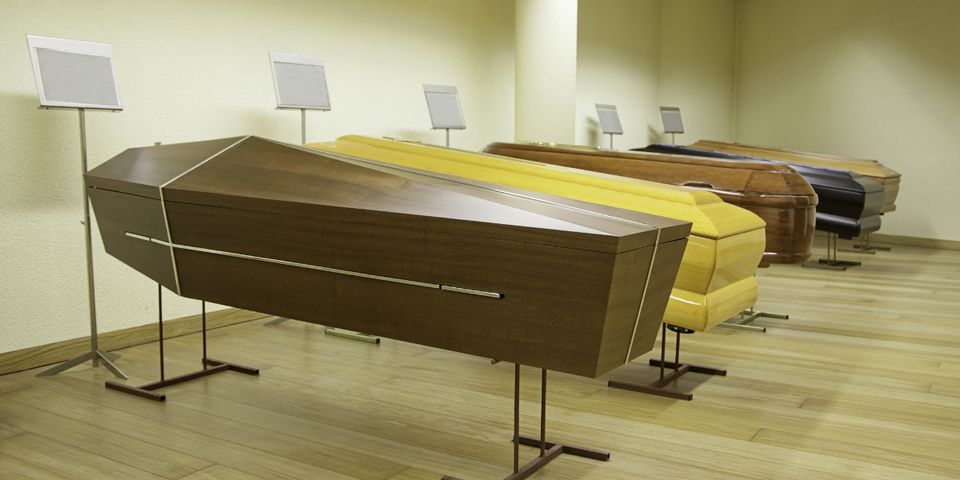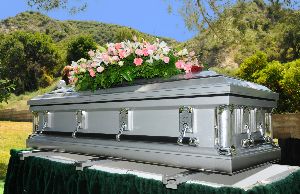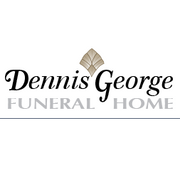
Preplanning your own end-of-life arrangements can take pressure off your loved ones and ensure your exact wishes are fulfilled. If you’d prefer a traditional burial, one factor to consider is the casket option. Here are several common types to choose from.
What Are Some Common Types of Caskets?
1. Wood
If you’re drawn towards natural aesthetics, you may find traditional wood caskets appealing. There are several types of wood available at a range of price points. High-end varieties include cherry, walnut, and mahogany.
These materials often feature elegant finishes and details. Oak, maple, cedar, and pine are also available and tend to have a sturdier construction. No matter which wood you choose, all can be personalized with designs, such as a family crest or country’s flag.
2. Metal

Like wood, there are a variety of metals available for caskets. Stainless steel, copper, and bronze are among some of the most popular options. These durable materials resist corrosion and often feature a rubber casket seal for an airtight enclosure.
Many people are drawn to metal for its timelessness and longevity. Some models can be coated with wood veneers to mimic a natural finish. Like wood, they can also be personalized with a print of your choice.
3. Eco-Friendly
For environmentally conscious individuals, there are also caskets that are designed to break down over time. This allows the body to return to the earth in an eco-friendly manner.
Eco-friendly caskets are typically made from cardboard, untreated wood, or woven fibers. While it will lack the seal, metal hardware, or interior lining found in other styles, anyone who wishes to minimize their environmental impact may take comfort in a model that reduces their carbon footprint.
When individuals in the western Cincinnati, OH, area wish to preplan their arrangements, they can turn to Dennis George Funeral Home. This dedicated team offers caring and professional services to ensure each individual’s precise wishes are fulfilled. Find out more about the pre-planning process online or by calling (513) 941-6700.
About the Business
(26 reviews)
Have a question? Ask the experts!
Send your question

